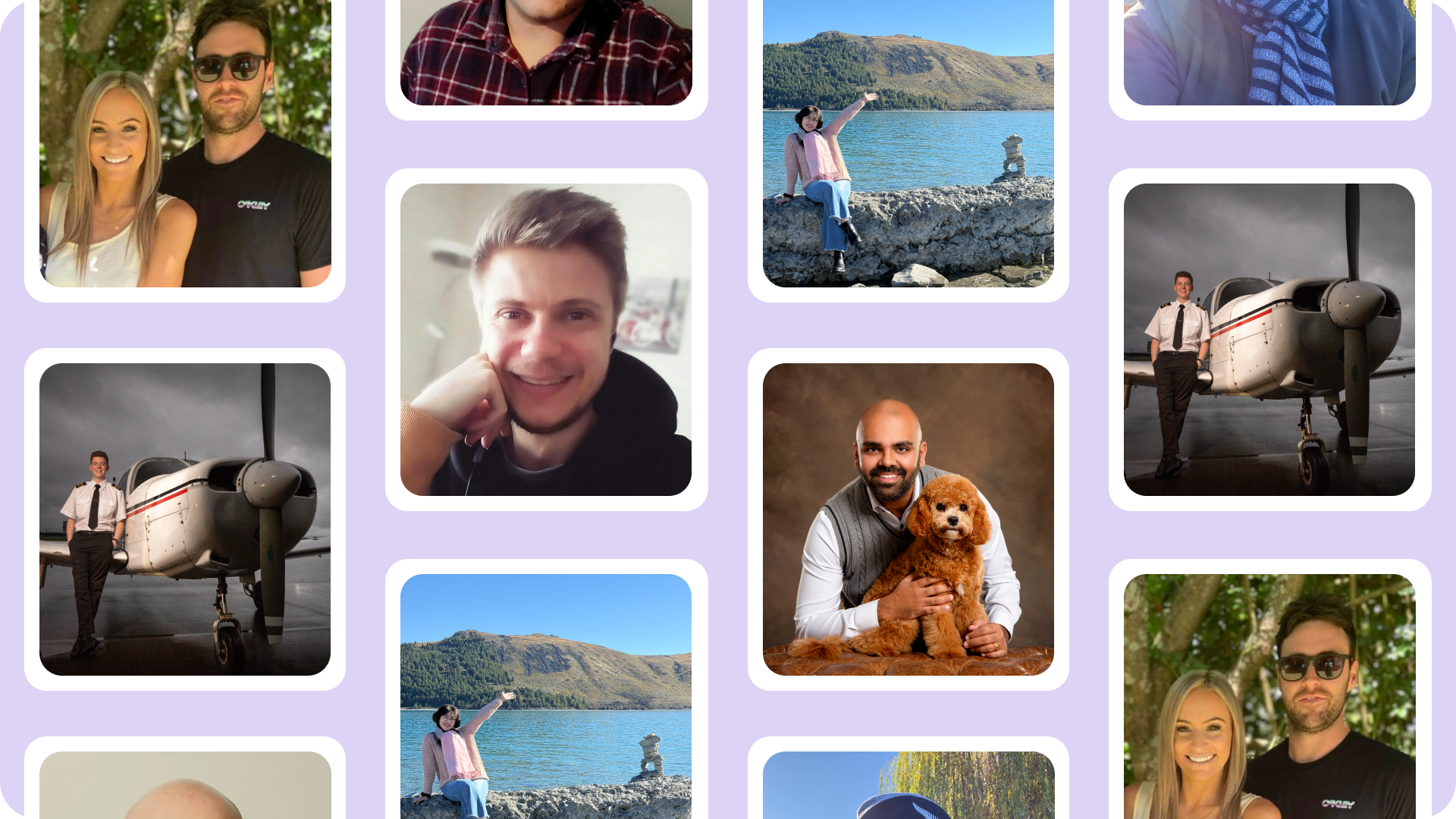There are plenty of budgeting tools and personal finance apps out there, but for many Kiwis, sticking to a budget still feels hard even with the best of intentions.
At BudgetBuddie, we believe managing your money shouldn’t feel like a grind. A good budgeting system isn’t about restriction or perfection. It’s about building a financial plan that works for your lifestyle, your income, and your goals.
Through our Behind the Budget series, we spoke to real New Zealanders using BudgetBuddie to manage their money. From solo parents to business owners and students, their stories showed us what actually makes a budget stick in real life.
Here’s what we learned.
1. Visibility is where progress begins
Almost everyone we spoke to started with the same challenge: not knowing exactly where their money was going.
Some were using spreadsheets. Others were relying on bank apps or just gut feel. But until they could see the full picture, income, expenses, savings, they felt like they were flying blind.
Samarth, an accountant, said that connecting his accounts to BudgetBuddie gave him the visibility he was missing. He finally knew where his money was going and where to adjust.
When you can see everything in one place, you’re no longer guessing. You can make informed decisions quickly and confidently. Whether that’s adjusting your spending, setting a savings target, or just understanding what’s possible.
2. Budgets work better when they’re tied to your goals
A budget without a purpose can feel like a set of rules. But when it’s connected to something meaningful like a wedding, a first home, or a career move, it becomes motivating.
For Ben, a flight instructor, his budget wasn’t about restriction. It was a tool to help him get closer to funding his next phase of training. Every pay day felt purposeful because every dollar had a job.
Goal-based budgeting gives you direction. Instead of just asking “Can I afford this?” you’re asking “Is this getting me closer to what I want?” That shift is powerful and it’s what turns budgeting into a habit that sticks.
3. The best budgeting apps adapt to real life
Life changes. Incomes shift. Unexpected costs pop up. The best budgets adapt.
Sumit, a solo dad, talked about how helpful it was to reassign funds in real time. If an unexpected school cost came up, he didn’t feel like he’d blown the budget. He just adjusted and moved on.
That’s the beauty of flexible budgeting. You stay in control even when life doesn’t go to plan. Instead of starting over every time something changes, you make the change part of the plan.
4. Budgeting changes how you feel about money
Everyone we spoke to mentioned the emotional side of budgeting.
Dylan, a mental health advocate, talked about shifting from a scarcity mindset to one of clarity and discipline. For others, it was the confidence of knowing they had a plan and the freedom that came with it.
When your budget is working, you feel more capable. Less anxious. More in control. That’s the real win.
5. Financial success is personal
Not one person we spoke to had the same goal. And that’s the point.
For some, success meant saving for a home. For others, it meant paying down debt, building an emergency fund, or just feeling less stressed when the bills came in. What mattered most was that their budget fit their life, not someone else’s.
BudgetBuddie isn’t about forcing you into a system. It’s about helping you build one that works on your terms.
Final words
Thanks for reading, if you have any feedback or questions on what you've seen so far, feel free to get in touch using our contact form or alternatively give us a bell at hello@budgetbuddie.co.nz
Disclaimer
This blog or any other information provided by BudgetBuddie is not financial advice. If you're needing financial advice please get in touch with a licensed financial advisor or professional.







